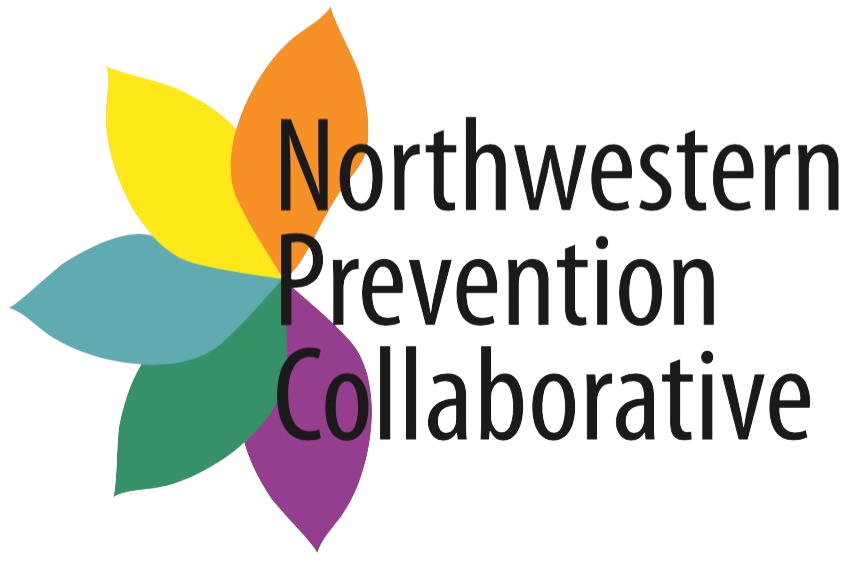Dr. Rob Anda of the Centers for Disease Control and Prevention and Dr. Vincent Felitti of Kaiser Permanente conducted a study of 17,300 mostly middle-class white Americans between 1995-1997. The study sought to ascertain if adverse childhood experiences (ACEs) contributed to long-term negative health outcomes in adulthood.
The survey asked 10 questions that focused on traumas experienced in childhood. These questions were arranged in three clusters around abuse, neglect, and family challenges.
Findings
The study showed extensive correlations between ACEs and poor health outcomes later in life. The greater number of ACEs experienced increased the chances that a person would experience these outcomes.
Some of the diseases that are associated with exposure to adverse childhood experiences include:
- Substance misuse
- Mental health challenges such as anxiety, depression, suicide attempts, and life dissatisfaction
- Autoimmune disorders
- Cancer
- Diabetes
- Stroke
- Heart disease
The study revealed that ACEs were responsible for 78% of IV drug use and 67% of suicide attempts. Across the population, it was found that people with an ACE score of 6 or greater generally had life spans that were decreased by 20 years.

The Good News
If people take an ACE assessment, Dr. Anda stressed that it is NOT meant to serve as a diagnostic tool for individuals. Having a high ACE score, doesn’t mean a person must experience a negative result. The good news is that if we can predict poor outcomes, they can be prevented. Through numerous studies, it was confirmed that resilience—the ability to bounce back from difficult events—allows people to overcome adverse childhood experiences. Even better, building resilience can be taught through modeling healthy coping strategies.
Ways to Change Outcomes for Yourself and Others
The Northwestern Prevention Collaborative sponsors trainings to teach people about the impacts of trauma and how to help yourself overcome your trauma experiences and how to support others who have potentially experienced trauma. These trainings are held monthly and are free of charge! Check out the trainings tab on this website to find out when you can start to make a positive difference in your life and the lives of others, or click here to go directly to the Understanding ACEs Training page.
This article was written by guest author Christa Shifflett, Executive Director of Warren Coalition.




Comments are closed.